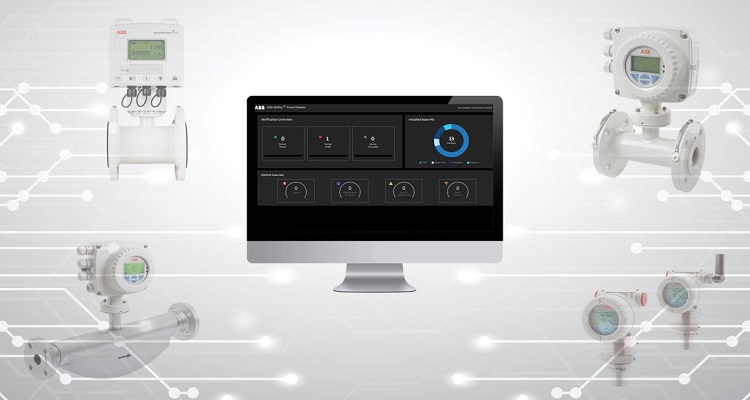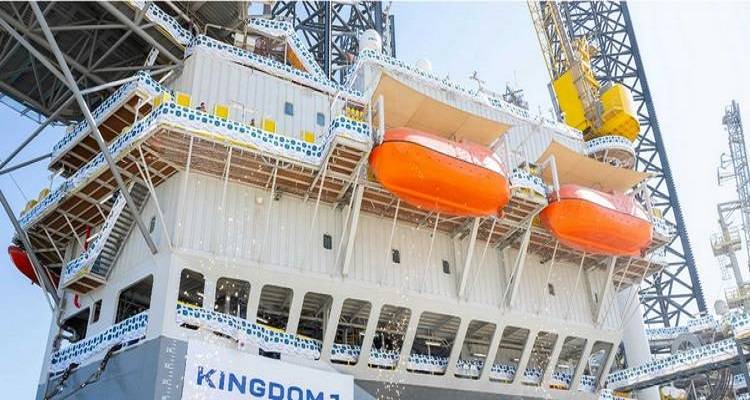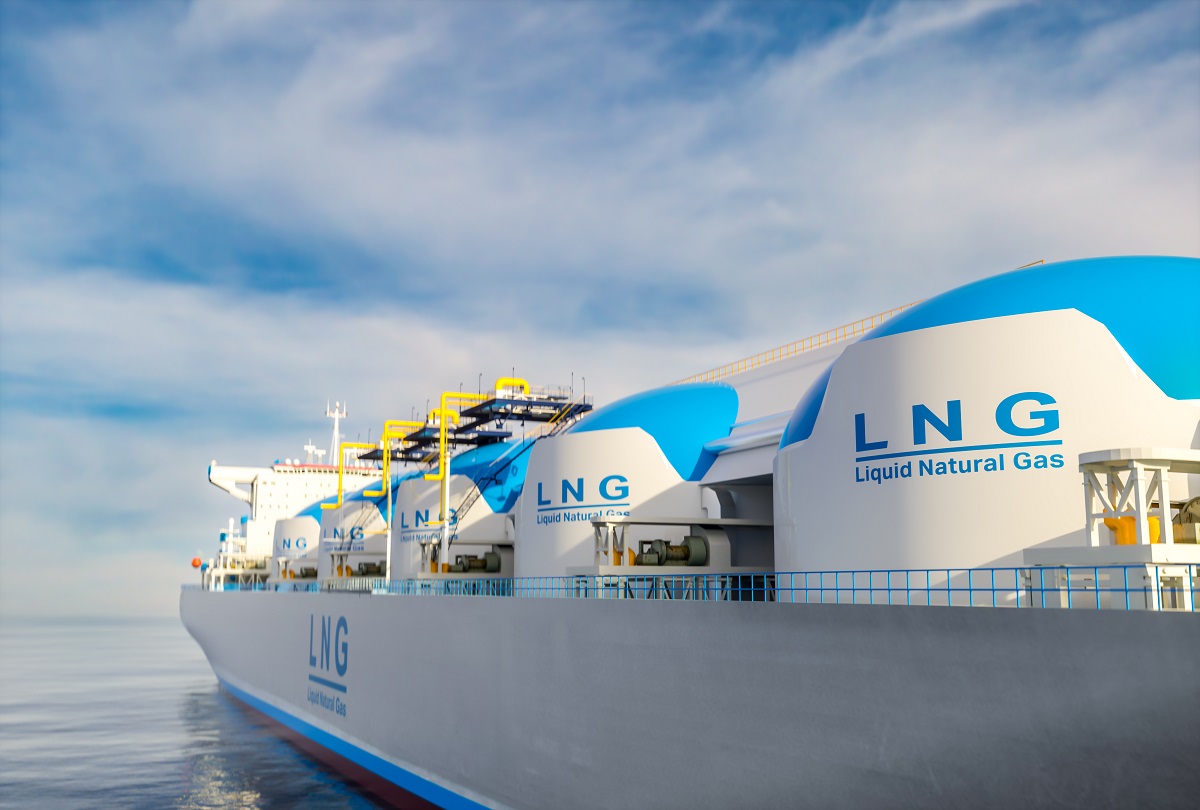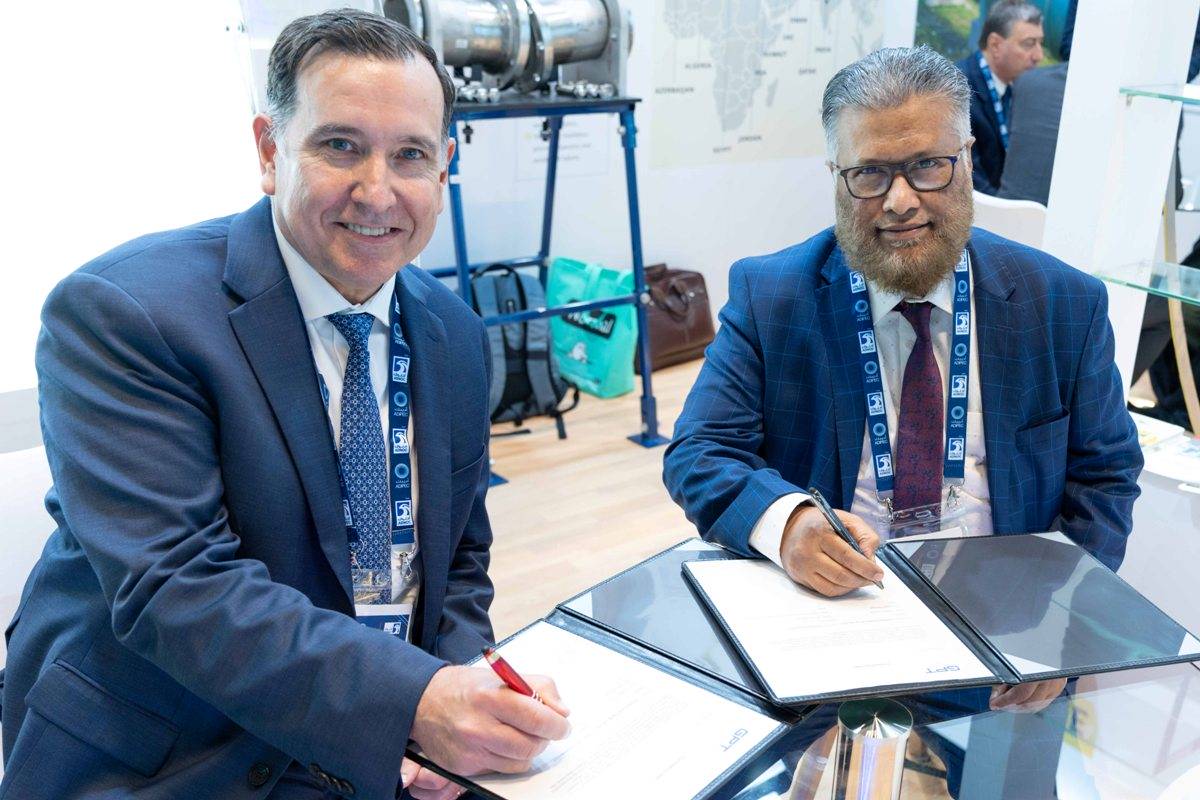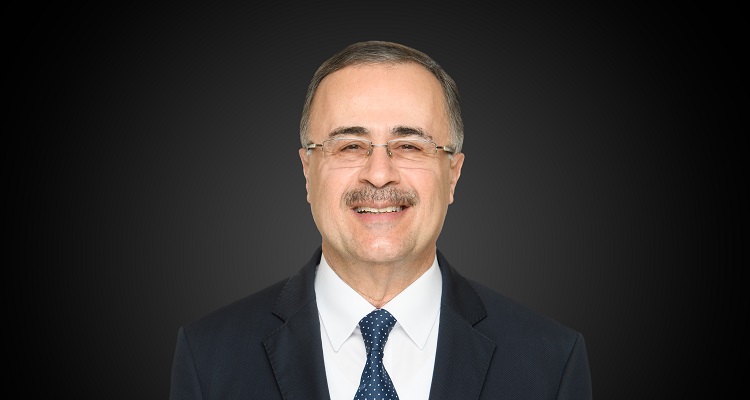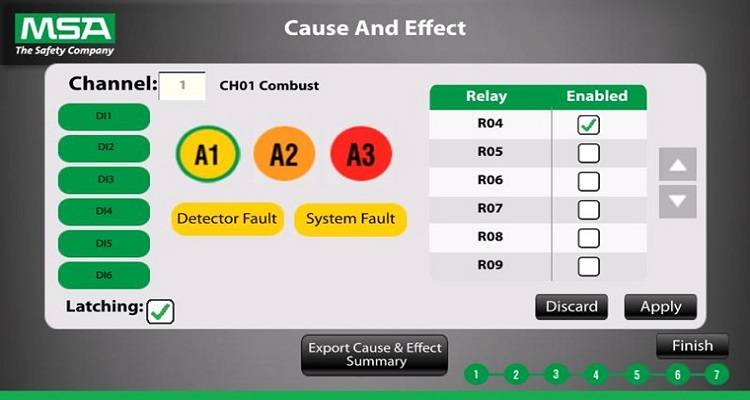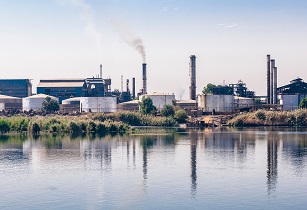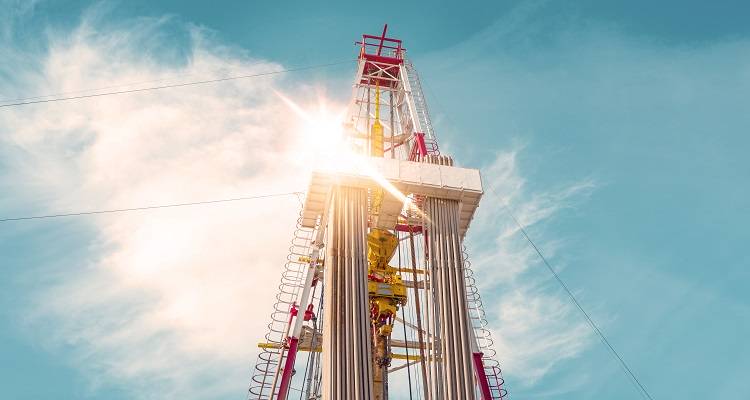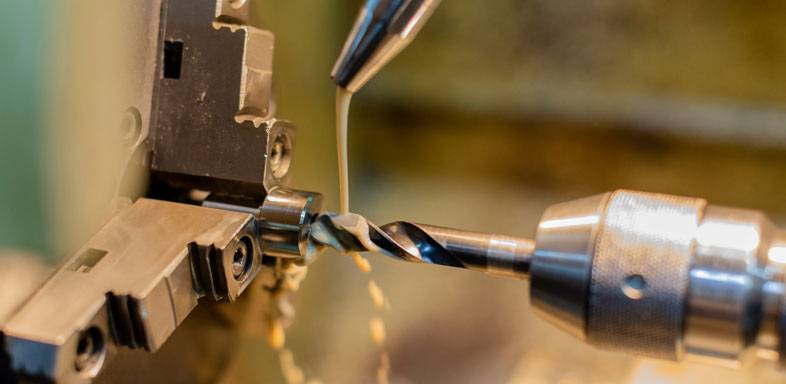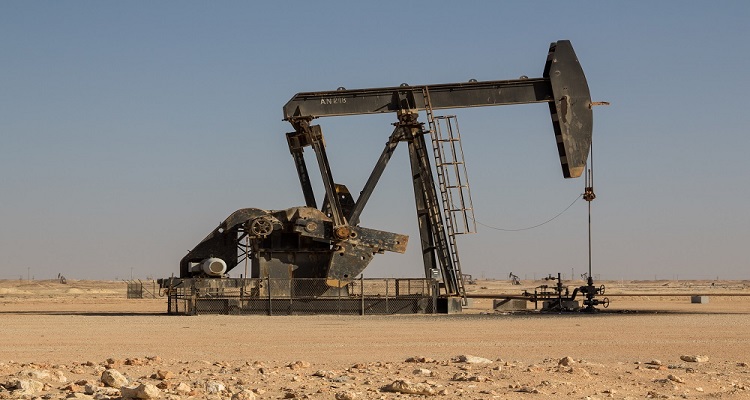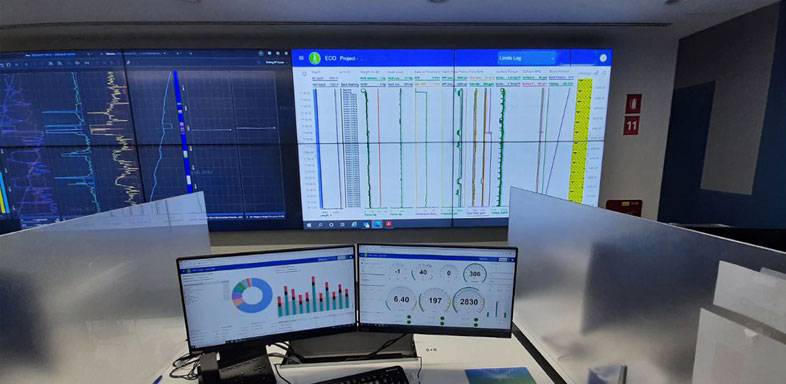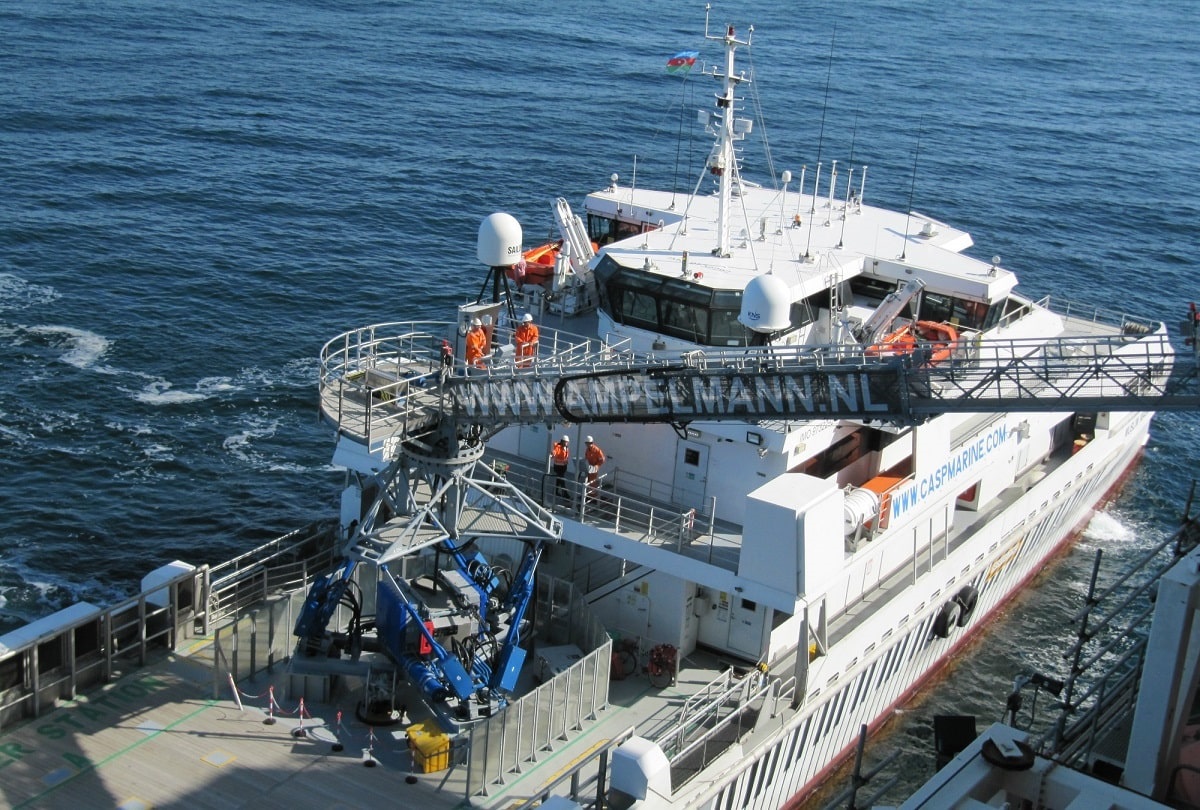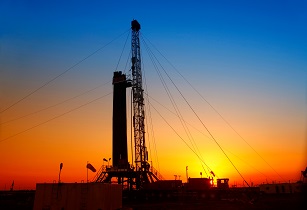The planned and committed investments in the MENA region will exceed US$792bn from 2020–2024, according to the Arab Petroleum Investments Corporation (APICORP)
As per APICORP’s MENA Energy Investment Outlook 2020-2024, the amount marks a US$173mn decline from the US$965bn in last year’s five-year outlook.
Despite these difficult circumstances however, the GCC region’s committed investments increased by 2.3 per cent compared to a six per cent overall decrease in the MENA region as a whole, indicating a higher project execution rate in the GCC.
With regards to the decline in oil prices, which was driven by the supply surplus and exacerbated by a historic demand contraction due to the COVID-19 pandemic, APICORP expects that it will lead to a restructuring of the oil and associated gas industry, as well as an accelerated closure of the lowest efficiency parts of the capital stock, and mergers and acquisitions (M&A).
Dr Ahmed Ali Attiga, CEO of APICORP, said, “The impact of COVID-19 is already deeper and longer lasting than past downturns. Indeed, the nature of this triple crisis and the profound restructuring in oil and gas will hit energy investments for a potentially long period of time, sowing the seeds of supply crunches and price volatility. Therefore, we expect a W-shaped recovery for the MENA region."
The MENA Energy Investments Outlook 2020 indicates that energy investments are primarily driven by several countries, namely investments by Saudi Arabia in the gas and power sectors (USD39bn and USD41bn, respectively); Iraq’s reconstruction efforts and gas-to-power (USD33bn); the UAE’s oil capacity maximization (USD45bn); and Egypt’s new petrochemicals drive (USD38bn). Notably, APICORP puts private sector’s share in energy project investments at 19 per cent after climbing to 22 per cent in last year’s outlook.
Major developments in the gas, petrochemicals and power sectors
In terms of planned investments, the biggest gain was in the gas value chain, which jumped by US$28 billion, a 13 per cent increase compared to last year’s outlook. The increase signals the developing of unconventional gas in the GCC, namely in Jafura and Hail gas fields in Saudi Arabia and Ghasha in the UAE, as well as the increasing production capacity in Qatar, Egypt and Oman.
In the petrochemicals sector, APICORP expects countries to consolidate their respective strategy in order to increase monetization and maximize value from the hydrocarbons they produce. Major investments in this sector include Duqm (US$8.67bn) and Sur (US$6.73bn) in Oman; Al-Zor (US$6.5bn) in Kuwait; SATORP Amiral ((US$6.34bn) in Saudi Arabia; and the QCHEM Complex (US$4.5bn) in Ras Laffan in Qatar.







